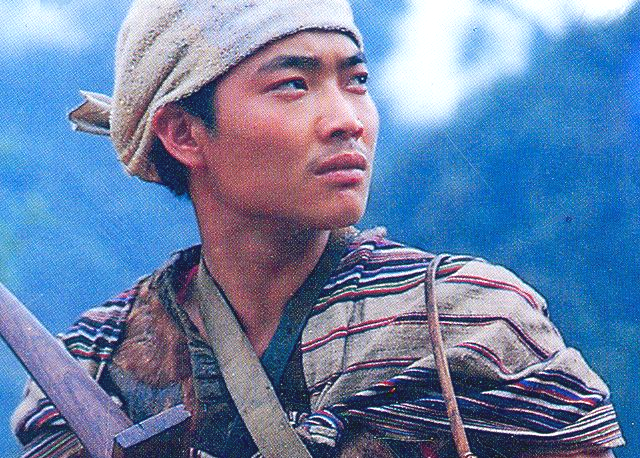© This article is an extract from Paul Hattaway's epic 656-page China’s Book of Martyrs, which profiles more than 1,000 Christian martyrs in China since AD 845, accompanied by over 500 photos. You can order this or many other China books and e-books here.
1900 - George Taylor
June 30, 1900
Baoding, Hebei
George Taylor.
George Yardley Taylor, a single missionary-doctor simply known as ‘the American gentleman’, was a graduate of the prestigious Princeton University. A native of Burlington, New Jersey, Taylor was born on May 18, 1862. He arrived at Beijing in 1888 and commenced work at the An Ding Hospital. For almost five years he worked there, “daily adding to his practical knowledge and skill as a physician, while making such advances in the study of the Chinese language and character as would fittingly qualify him for independent service, when…he was transferred to Baoding to take charge of the medical work at that station.”[1]
At Baoding, Taylor distinguished himself by his gentle and skilled labours, his proficiency in the Chinese language, and for his Christ-like display of compassion for the sick and disadvantaged. Throughout June, 1900, the Boxer threat grew until little hope was held that a massacre could be averted. On June 27,
“some native college men, frequent patients of his, came in a body, and with tears in their eyes expressed their inability to help him…. Dr. Taylor shed tears with them for a moment, then recovering himself, bade them good-bye, and, closing the dispensary door with his accustomed self-control, he returned with peaceful countenance to sustain the hearts of the younger missionaries at his home. He never betrayed the slightest fear during these trying days, but, with amazing cheerfulness, diverted the ladies and strengthened the courage of his colleagues.”[2]
In his final letter, Taylor wrote:
“Our position is dangerous—very. We are having awfully hot, dry dusty days and [rumours] are increasing…. Oh that God would send rain. That would make things quiet for a time…. We can’t go out and fight—we must sit still, do our work, and if God calls us to Him, that’s all. Unless definite orders come from Beijing that we are to be protected at any cost or a guard of foreign soldiers sent at once, the blood must flow. We are trying to encourage the [Chinese] brethren, but it is difficult work. A crisis must come soon—the Lord’s will be done.”[3]
On June 30th Taylor was staying at the house of an absent missionary family, and so was not rounded up with the others who were holed up inside the mission compound. When the bloodthirsty Boxers arrived at the house, George Taylor thought he would brandish a gun that was kept there, in the hope the weapon might scare off the Boxers. Taylor “showed the gun and told them what havoc he might do, but refusing to take life, threw the gun into the fire and perished in the flames.”[4]
Amelia Lowrie, a fellow missionary at Baoding, wrote the following tribute of Taylor:
“As a physician he was revered and confided in. His unwearied attention to the poorest so attracted two men who at different times were patients in the hospital, that they became inquirers, and finally possessed their faith in Jesus, and have stood firm in the face of many persecutions and trials…. Only eternity will disclose the thousand ways in which Dr. Taylor did kindness which cost him the crucifixion of self…. Every day of his life expressed some new phase of self-denial. He lived not to please himself, but to please Him who bought him with His own precious blood; and now he has heard the welcome, ‘Well done, enter into the joy of thy Lord.’”[5]
And so concluded the earthly pilgrimage of a good Christian man, who had given up an assured life of wealth and luxury as a doctor in America in order to serve the Chinese people. George Taylor’s sacrifice was not accepted by China, but it was richly rewarded by Jesus Christ, who bestowed on him a martyr’s crown.
1. Ketler, The Tragedy of Paotingfu, 157.
2. Forsyth, The China Martyrs of 1900, 22.
3. Hefley, By Their Blood, 27-28.
4. Ketler, The Tragedy of Paotingfu, 396.
5. Forsyth, The China Martyrs of 1900, 413-414.





